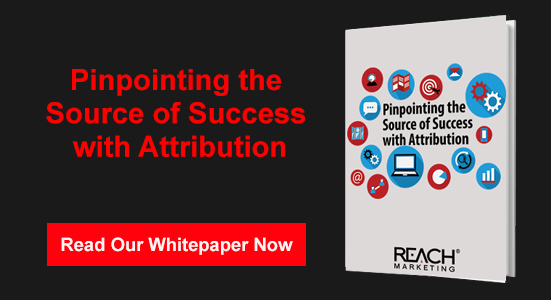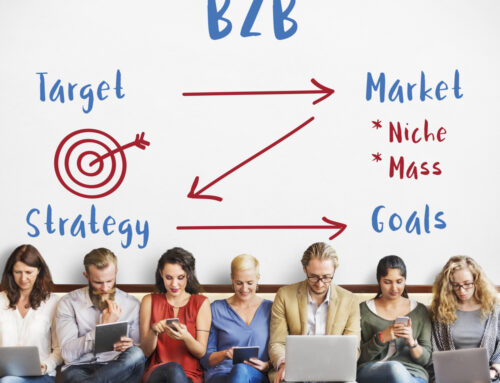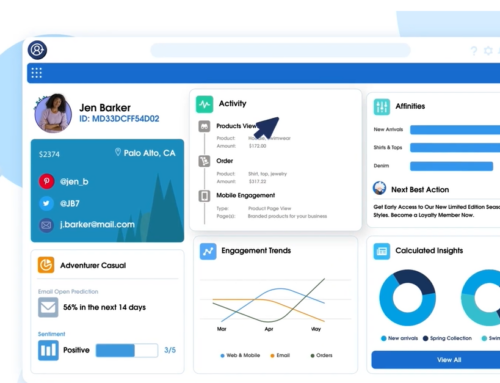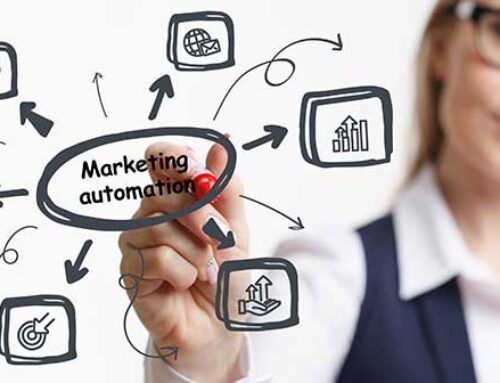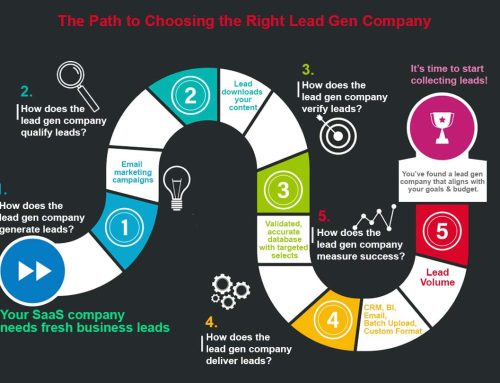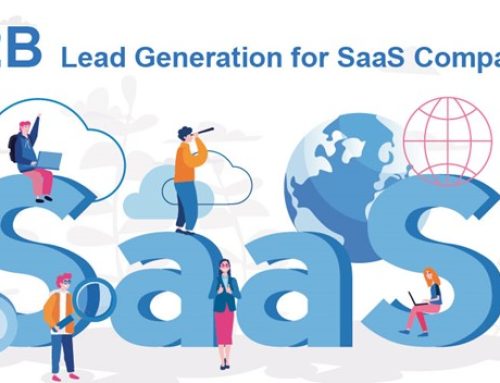Marketing automation’s power is huge – so huge that without some direction, the technology can become overwhelming without guidance. It’s why we refer to technology this sophisticated as MARKETING AI® – a system that transcends data input and output to deliver real insights. Translating theoretical knowledge of marketing automation into practical applications will keep your automation strategy on track.
Whether you’ve recently upgraded to a marketing automation system or have had your software in place for a while and want to maximize its utility, let the answers to the following questions guide you and your marketing automation consultant to a more cohesive, successful implementation.
“What does a lead’s buying journey look like?”
When you know how buyers move through your sales funnel, you’re able to route them to more efficient pathways and shorten their journey. Lead scoring is more than a tool to let you assess sales readiness; it also allows you to gain a deeper understanding of how your leads make their buying decisions. By opening a window into that process, you’re able to offer more guidance to incoming leads, improving the user experience for them and compressing the sales cycle for you.
“What do we want our leads to learn?”
Every contact you have with your leads should be purposeful. Otherwise, you’re not enhancing your value to them; you’re just creating more noise, and they’re already getting enough of that in their busy workdays. Goals might include:
- Helping incoming leads define the scope of their problem
- Verifying information with an autoresponse opt-in message
- Defining benefits and features for prospects to use when fact-finding
- Offering product demonstrations for mid-funnel leads
- Gathering contact information and other relevant data to enhance lead knowledge
- Establishing and enhancing industry authority with in-depth content that sales-ready leads can share with other decision-makers in their organizations
“What actions do we want them to take?”
Your MARKETING AI is able to learn how to guide leads through the sales cycle, but it needs a clearly defined destination. Here’s where guiding leads through different nurture streams pays dividends: By sorting leads into segments, you can outline their next steps in ways that make sense. You might want a new lead to sign up for your newsletter, for example, and one track takes them toward that end point. A returning customer, on the other hand, is a choice target for an upsell and would be routed through content relevant to their sales history.
“Which channels are our primary avenues for engagement?”
A sophisticated omni-channel marketing approach demands equally powerful technology to coordinate it. Marketing automation excels at analyzing prospect and customer data to give you a thorough understanding of where your most important contact points are with every segment of your audience. With the help of a marketing automation consultant to tie it all together, you’re then able to assemble an integrated marketing strategy that meets your leads where they need you to be.
“What’s our follow-up plan after leads become customers?”
It costs B2B companies an average of seven times as much to guide a new lead through the buying journey and make a new customer as it does to market effectively to an existing customer. Catering to prospects only to forget about them once they become customers is a surefire way to lose their loyalty, so use your marketing automation system’s extensive range of customer care tools to keep your buyers delighted.
© Reach Marketing LLC 2017 All Rights Reserved.


